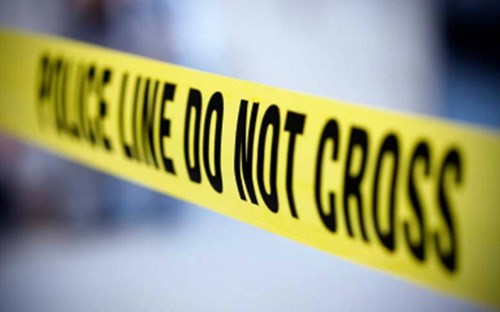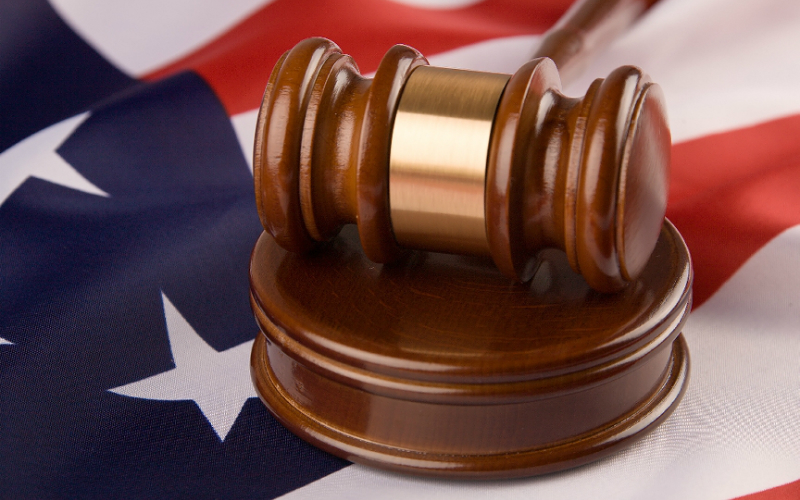The last school year closed in the spring with scenes of encampments, protests and in some cases violence. College presidents, lawmakers and parents would like to avoid a repeat.
 George Washington University in Washington, D.C. has taken preventive action by suspending two student groups – Students for Justice in Palestine and Jewish Voice for Peace just in time for the new academic year.
George Washington University in Washington, D.C. has taken preventive action by suspending two student groups – Students for Justice in Palestine and Jewish Voice for Peace just in time for the new academic year.
Just up the east coast there are manpower concerns for security forces.
Police at the City University of New York say the institution is not ready to handle an expected wave of protests. The problem, according to one CUYN police officer, is the leadership.
“The university is going into this under fire. They have no idea what’s going to happen. There’s no preparation,” said the officer, who wished to remain anonymous when talking to The New York Post.
There have been no meetings to prepare for fall-semester protests. Once the spring semester ended leadership “went on vacation,” the officer said.
The vibe is different at George Washington.
Radical messaging from students
The suspended groups were highly visible in spring disturbances as they used a projector to shine images of words on the side of the Gelman Library building, their messaging stating “Glory to our martyrs,” “Free Palestine from the river to the sea,” and “President Granberg is complicit in genocide in Gaza.”
George Washington President Ellen M. Granberg had not even completed her first year in office when protests began last spring.
The groups’ suspension means they won’t receive money or official recognition from the university.
Dr. Zachary Marschall, editor-in-chief at Campus Reform, tells AFN Granberg and GW leadership are on the right track, but more can be done.
“It has the potential of being only a half measure, and that’s because banning a student group doesn’t prohibit the students from physically meeting or organizing even without authorization or recognition from the university,” he said.
The SJP national office is supporting its chapters with outside funding, he noted.
The administration continues to negotiate with students “to drop some of the penalties they incurred last semester in order to stay away from certain buildings on campus,” said Marschall.

Holding two groups accountable is a good first step, but loopholes remain for students.
“They are leaving students a lot of room to get away with doing whatever they want to as far as protests this fall,” he said.
The reality is that George Washington University also has a lot of room to cover itself regarding students’ First Amendment rights.
During spring protests many students were yelling, “intifada revolution, globalize intifada,” The Daily Caller reported.
“There’s a difference between expressing political opinion and calling for violence. When you cross that threshold all the protections, we enjoy from the First Amendment go off to a gray space or do not count because no one has the right to call for the murder of innocent civilians,” Marschall said.
For CUNY, the concern is less about student rights and more about protection – for the police officers.
Michael Duke, a student reporter for Campus Reform he believes the stage is set for a repeat of violent anti-Israel protests on many campuses.
“There are just too many police forces saying they’re underprepared and understaffed to tackle potential protests that will occur this fall,” told AFN.
The New York Post’s anonymous officer says recruiting and retention have left the CUNY force woefully short on numbers.
Tough to find police officers
"Our numbers just aren't there. Our academy class used to be 100-150. We've got five in the academy class right now," the officer said.
That resonates with all students.
It's concerning for me as a student because I'm forced to walk onto my campus and consider my own safety in my own hands," Duke said.
He called on university officials to provide strong leadership – not just resign their posts as Columbia University President Minouche Shafik did earlier this month.
“It’s time for administrators to step up, stop resigning like Minouche Shafik and actually do their jobs and promote student safety,” Duke said.







